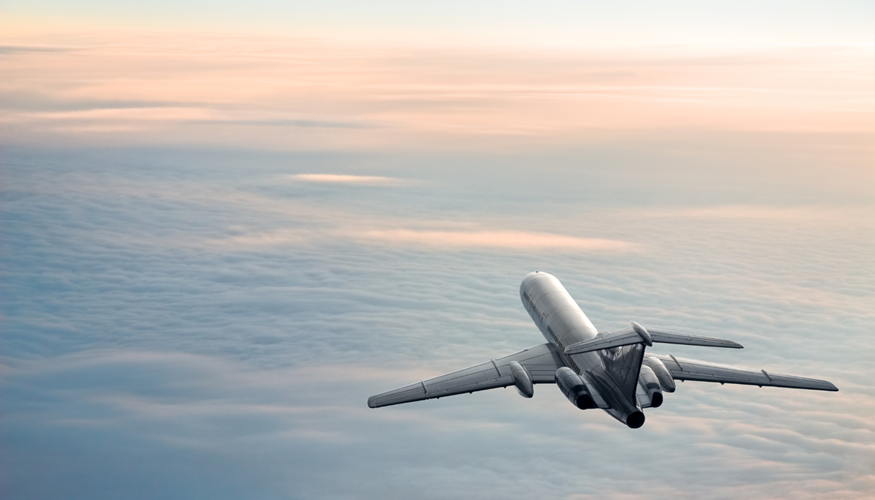Los millennials, también conocidos como Gen Y o Me Generation, han cambiado radicalmente la forma de entender el turismo. Son jóvenes de entre 18 y 35 años, con una visión de la vida que los actores de la industria deben conocer si quieren seguir siendo competitivos. Y es que podríamos afirmar que se trata de la generación más influyente de la historia, ya que está permanentemente informada y dispone de los medios para dejar su opinión. Sus preferencias de consumo continuarán definiendo gran parte de los productos y servicios turísticos (y no turísticos), al menos durante los próximos 15 años.
Por lo tanto, ¿de qué manera han transformado el ecosistema de consumo viajes? Vamos a analizar 5 puntos fundamentales:
1. Nueva forma de entender el marketing. El impacto de las redes sociales en los últimos diez años ha influido profundamente en las estrategias de marketing turístico. Una revolución que tiene su potencial en el contenido compartido a través de unos canales cada vez más diversificados, que aportan valor para informar e influir en las decisiones de compra de los usuarios. Por lo tanto, el cliente tiene el poder y la capacidad de establecer conversaciones con las distintas marcas (ya sea de hoteles, agencias de viajes o aerolíneas), las cuales practican la escucha activa y readaptan constantemente sus estrategias de mercadotecnia. Los cambios que antes tardaban en producirse meses o años, ahora pueden producirse en días y/o semanas, es la era de lo inmediato. Los baby boomers recibían información unidireccional a través de los canales tradicionales y no tenían posibilidad de comunicarse con las marcas y dar a conocer su opinión. Tan solo existía el boca a boca, que definía la percepción sobre determinadas agencias de viajes.
2. Reformulación de los viajes de negocios. Los “baby boomers” se lamentaban de tener que saltar de un avión a otro para asistir a reuniones de trabajo, pero los millennials han optado por darle un nuevo enfoque a este escenario y aprovechar todas sus posibilidades. Es decir, un viaje de negocios puede convertirse en el punto de partida para hacer un “break” nada desdeñable. Esta filosofía recibe el nombre de “bleisure”, y está en auge debido a que un elevado porcentaje de estos trabajadores son autónomos, manejando horarios no tradicionales y gozando de mayor flexibilidad laboral.
3. La economía de la experiencia manda. Esta manera de entender el turismo tiene una aceptación mayoritaria entre los millennials, que prefieren invertir más dinero en experiencias que en artículos materiales. Mientras que los “baby boomers” tienden a buscar la seguridad y sobriedad de los complejos turísticos, su relevo generacional prefiere salir de la zona de confort, experimentar con culturas diferentes, mimetizarse en los viajes con las poblaciones locales, ser parte de la comunidad que visitan, y aprender algo nuevo en cada viaje. Esta generación es global para siempre.
4. Viajar solo, pero acompañado. A pesar de que aún se conciben los viajes en solitario como «peligrosos», casi la mitad de los millennials pretende hacer alguna escapada individual a destinos remotos, pero esto no quiere decir ausencia de compañía. La tecnología les permite compartir con seres extraños (a priori) que pasan a ser compañeros de experiencias y al final amigos en la red para siempre. Viajar de manera individual, pero con compañía, proporciona la libertad de explorar a solas y al mismo tiempo compartir vivencias. Esta generación nació para compartir, para ser en lugar de tener. Esta actitud marca una ruptura significativa respecto a la generación anterior, que solo concebía viajar en familia a destinos concretos, siempre con actividades programadas y previsibles, alejándose de la improvisación.
5. Revolución tecnológica. Además de los mencionados millennials, las generaciones Y y Z representan una base de clientes gigantesca para la industria, y su poder adquisitivo ha crecido exponencialmente. Por ello los actores turísticos están optando por nuevas tecnologías orientadas a la personalización, automatización y máxima seguridad. En este marco las empresas turísticas han pasado de golpe a la era “mobile”, y llegarán nuevas tecnologías que se instalarán muy rápidamente. Desde aquellos nacidos en los 60, hasta los nativos digitales que fueron alumbrados en la década del 2000, puede observarse una creciente habilidad para desenvolverse en entornos digitales, por lo que las ofertas turísticas deben ir íntimamente relacionadas a esta evolución.
Para Ángel García Butragueño, Co-Director del Barómetro Turístico BRAINTRUST, “Los proveedores de viajes deben comprender las motivaciones y características de este nicho de mercado que ya no es el futuro, es el presente. De esta forma podrán dejar de competir por precio y focalizarse en desarrollar modelos de negocio innovadores y propuestas de valor claramente diferenciadas. En definitiva, deben estar atentos a sus necesidades y estar abiertos a una conversación constante con estos públicos, de manera que siempre estén a la altura de sus expectativas”.
Según José Manuel Brell, Co-Director del Barómetro Turístico BRAINTRUST, “Las estrategias de marketing deben dejar de ser masivas, y pasar a ser personalizadas, identificando a cada individuo, analizando y conociendo sus motivaciones, para diseñar adecuadamente estrategias de marketing one to one, el futuro será: una persona, un momento, una motivación, una campaña, un viaje, una experiencia”.






